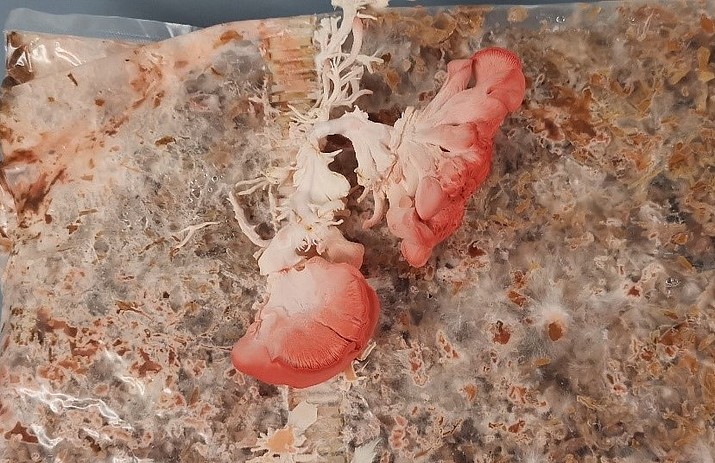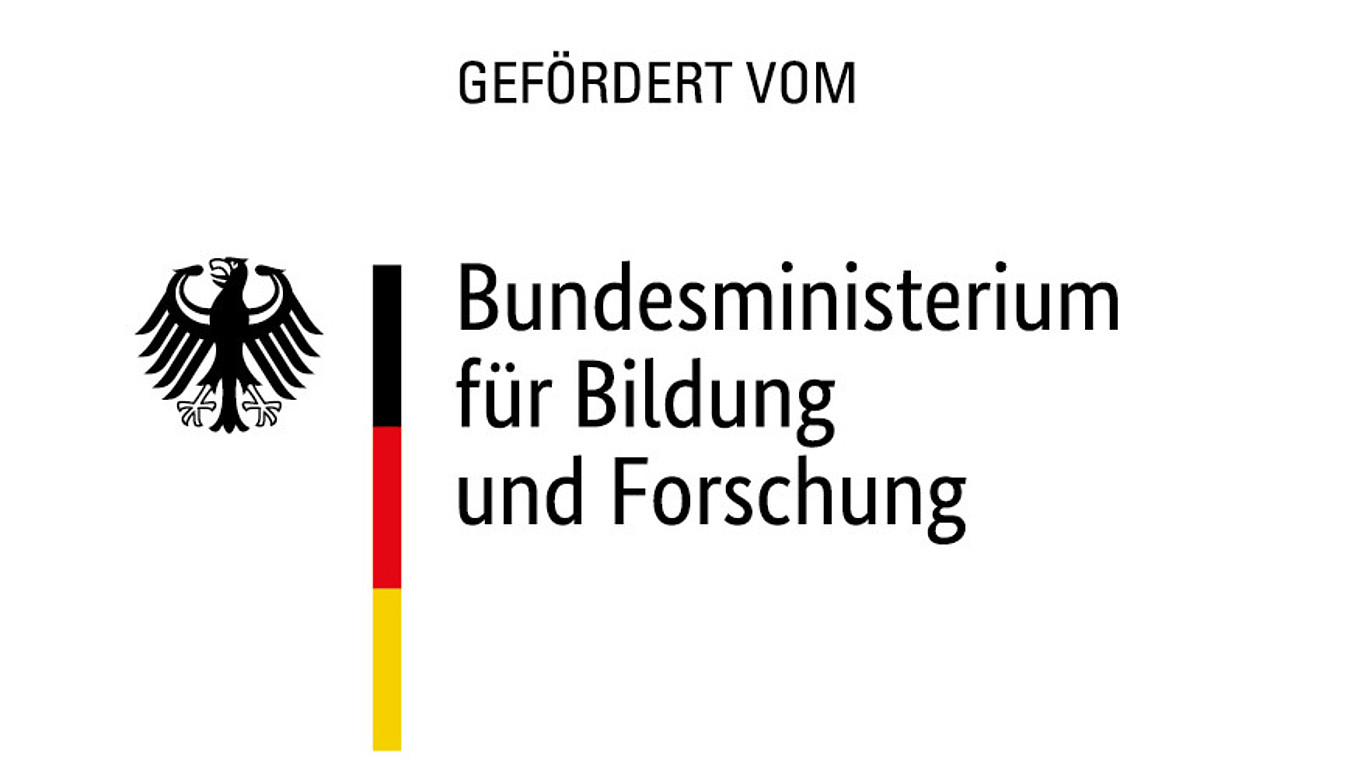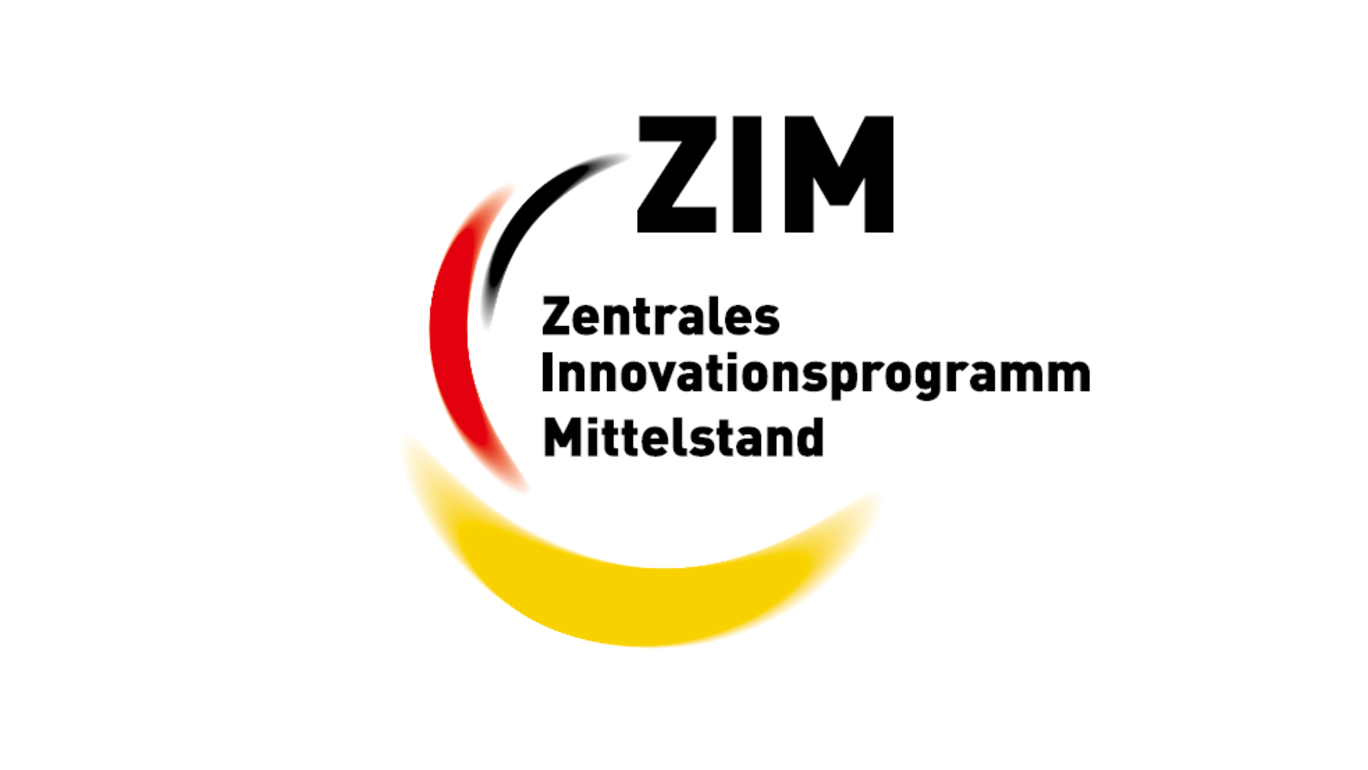Development of a recycling plant for natural fiber-reinforced plastics for the decomposition of natural fibers by means of fungal mycelium and utilization of the fungal mycelium via hydrolysis as an acid for biogas production together with the TU Dresden, WEIMA Maschinenbau GmbH from Ilsfeld and Maschinen Schmidberger GmbH from Thierhaupten

Thanks to society's growing environmental awareness and the stricter CO2 guidelines of national and international environmental policy, materials are increasingly being judged according to their environmental compatibility and sustainability. Therefore, the demand for natural fiber products, for example, is increasing more and more, with the automotive industry as the main customer for natural fiber reinforced plastics with about 90,000 tons/year. Due to the growing amount of natural fibre composites used in various industrial sectors, the recycling industry faces the challenge of being able to ensure a sensible and environmentally friendly recycling of this material.
In the NFK-Rec project, an ecologically viable technological concept including plant technology for the processing and recycling of waste of natural fibre composites using selected fungi is to be developed. In a plant specially developed for this purpose (similar to a trickle bed reactor), the pre-shredded and sterilized parts of natural fibre compositesare to be colonized by fungi and the structure of the natural fibers destroyed in the process. In a subsequent post-maturing stage, the decomposition of the natural fibers is to be completed.
Some of the fungi (e.g., shiitake, oyster mushroom, or herbaceous mushroom) that are potentially used in recycling can develop edible fruiting bodies in addition to mycelium during post-ripening. These can be harvested and sold as edible mushrooms after appropriate testing for food safety. In the next process step, the granules of natural fibre composites, which are completely intergrown by the fungal mycelium, are converted into organic acids in a fermenter. These can then be utilized either materially (e.g. for the production of bio-based plastics) or energetically (e.g. for the production of biogas). The plastics fraction left over from the fermentation process can be made available to the construction industry, for example, after appropriate processing.


